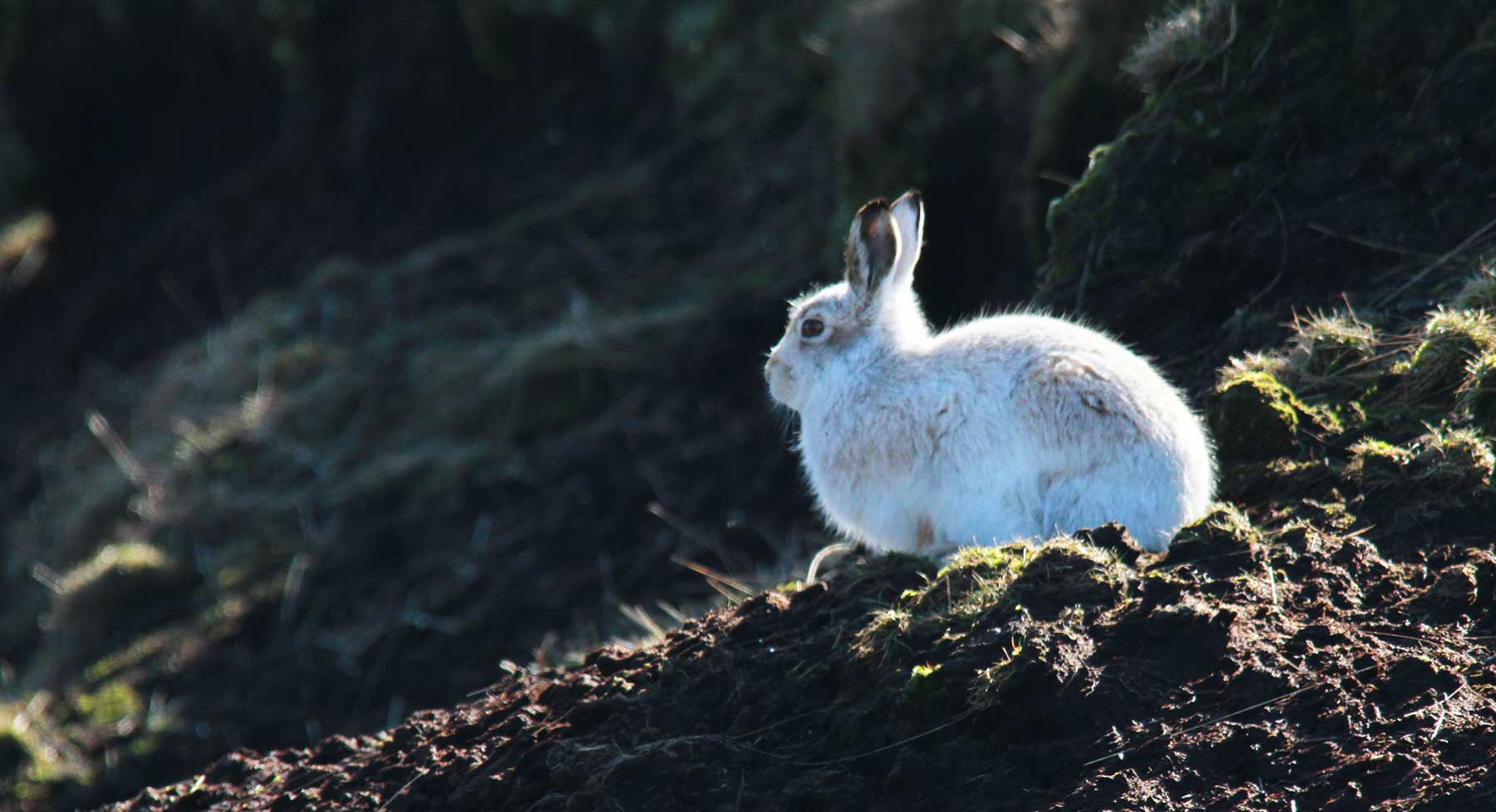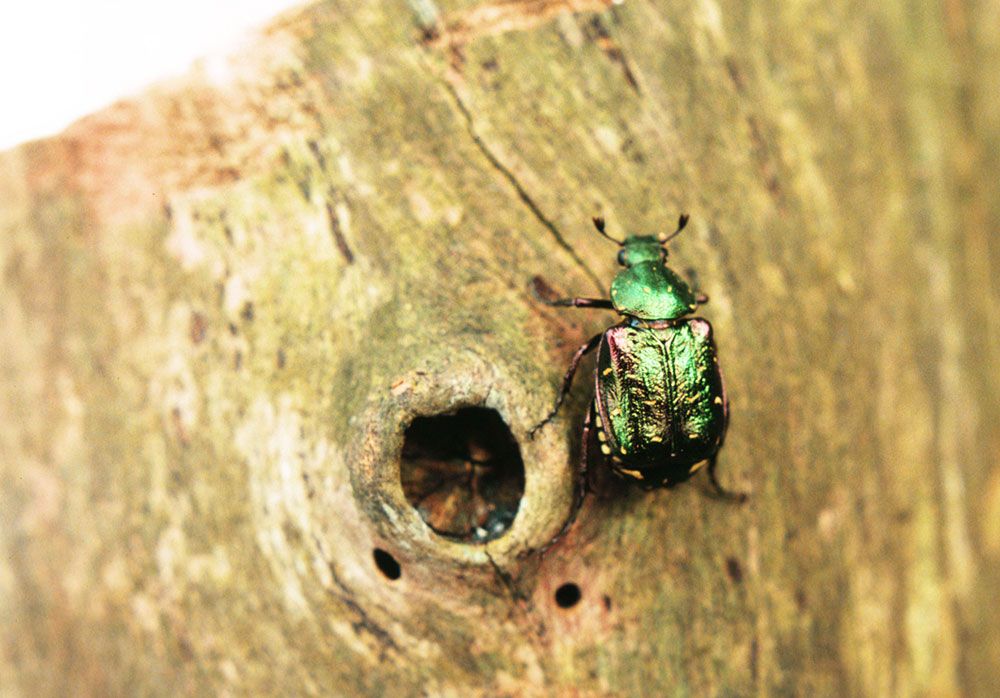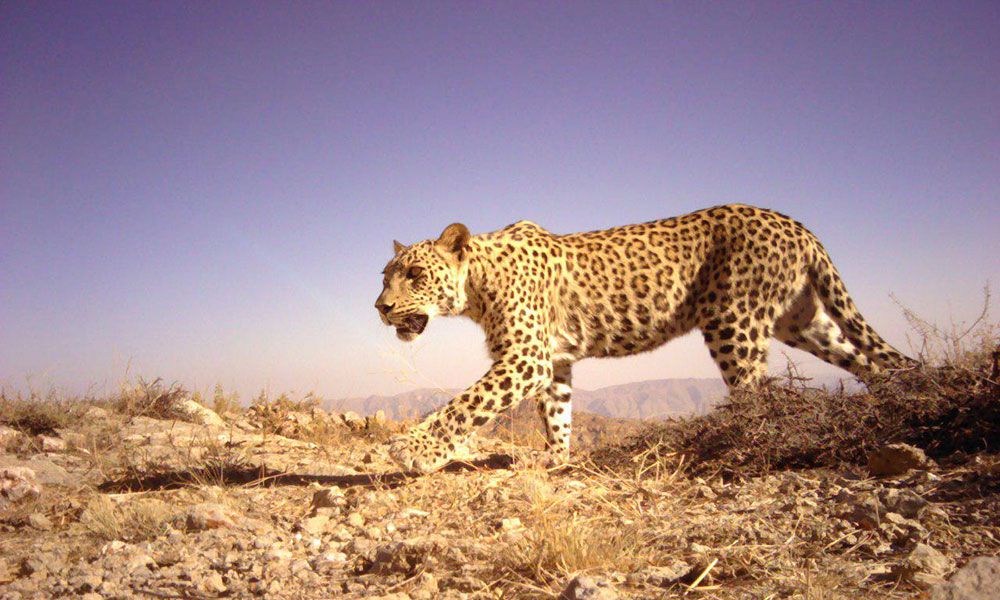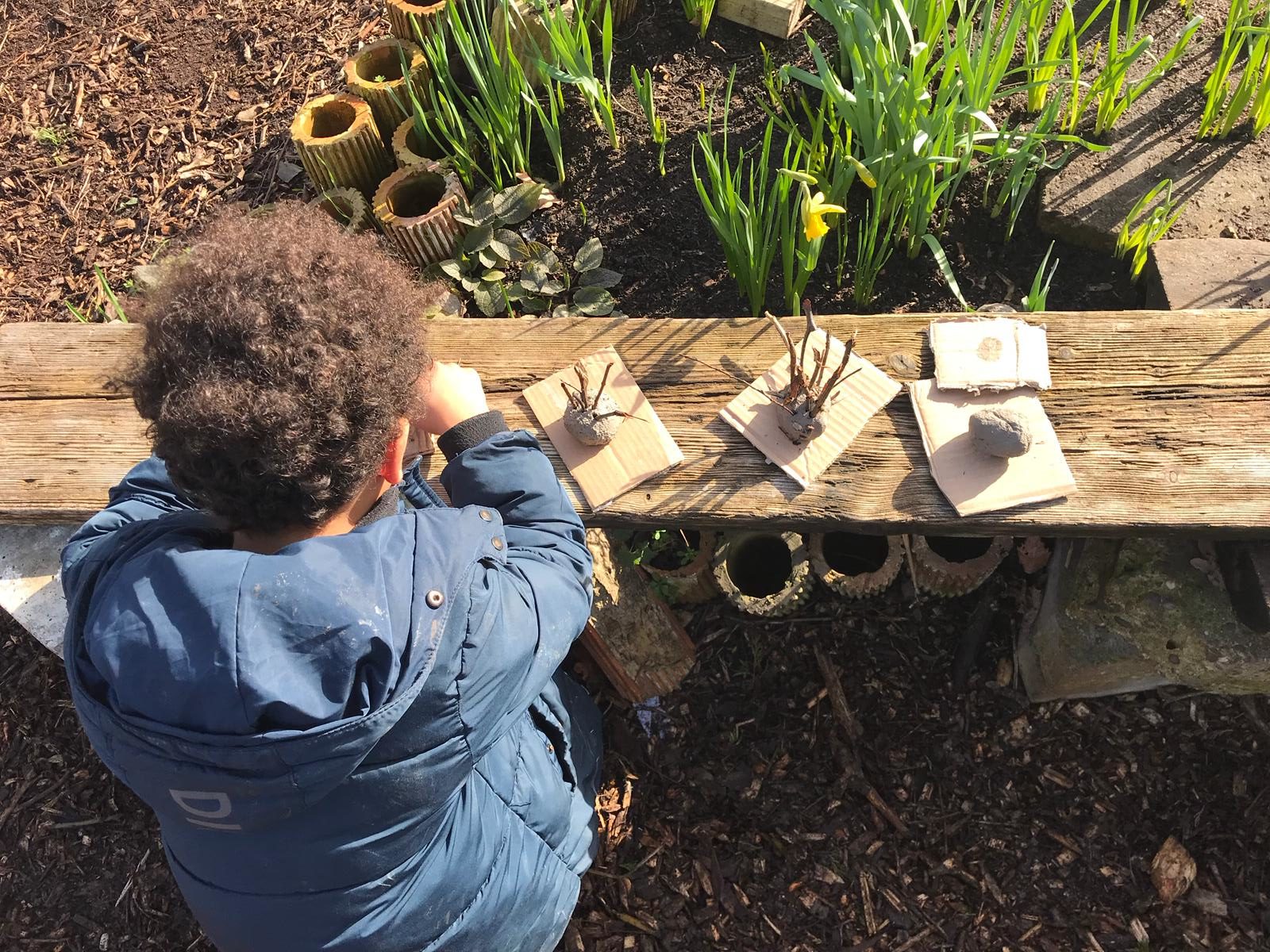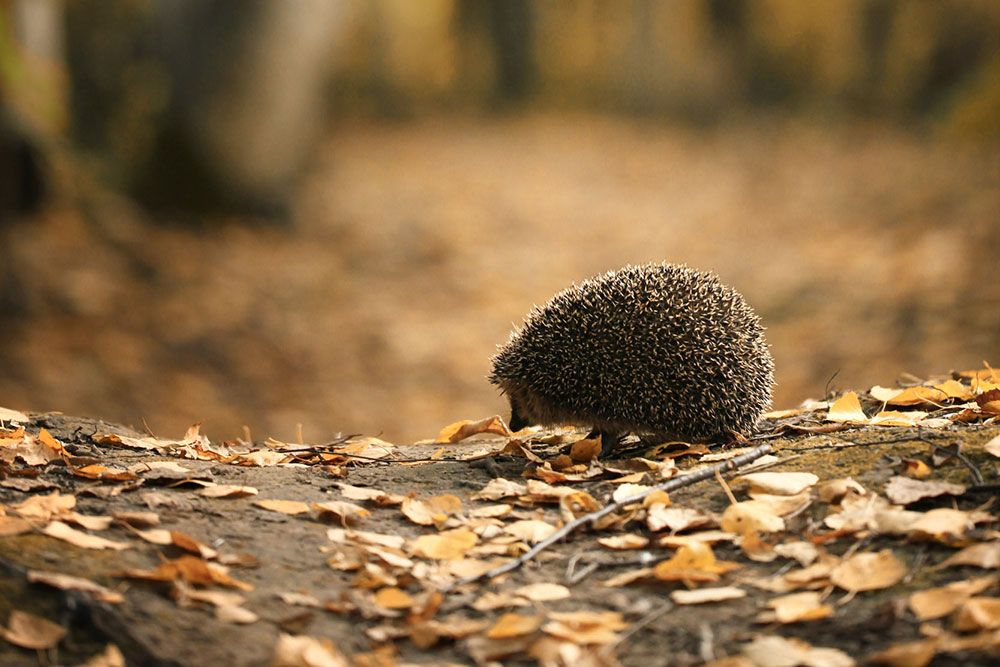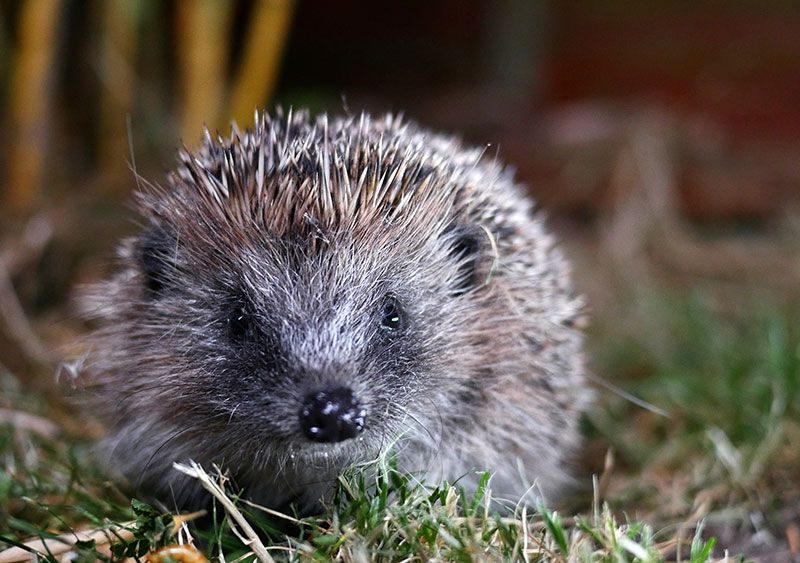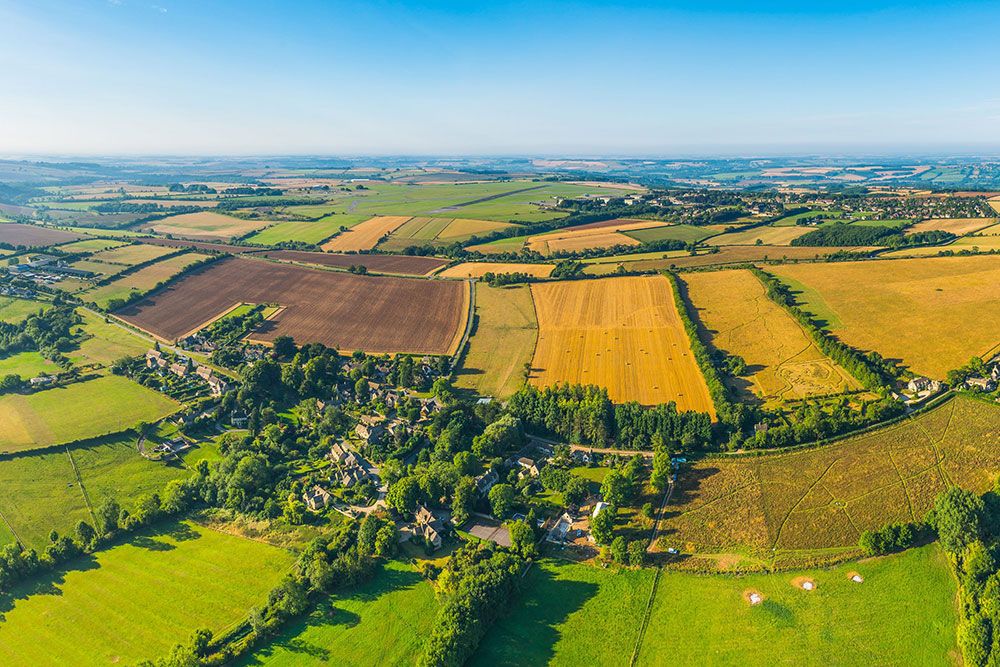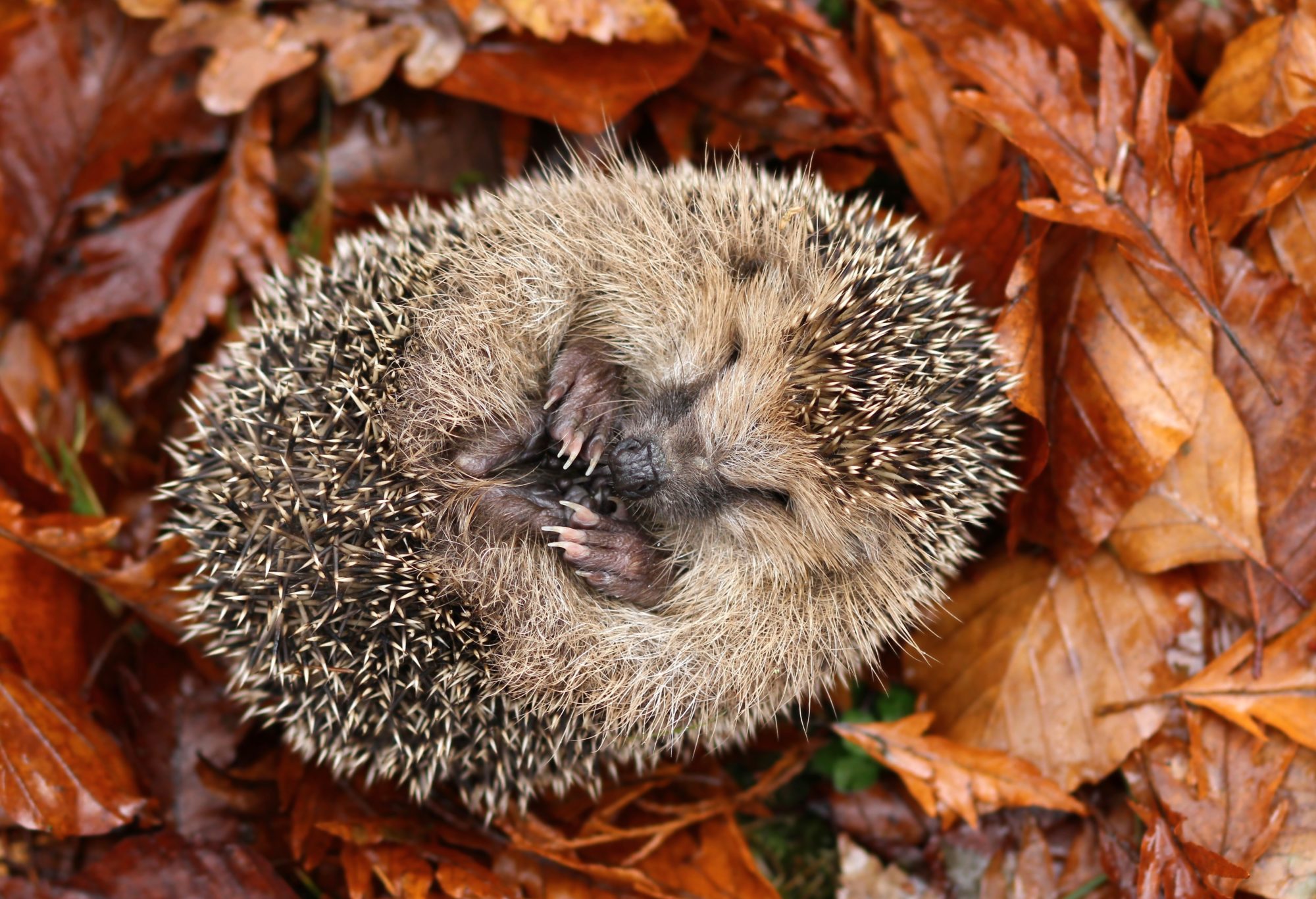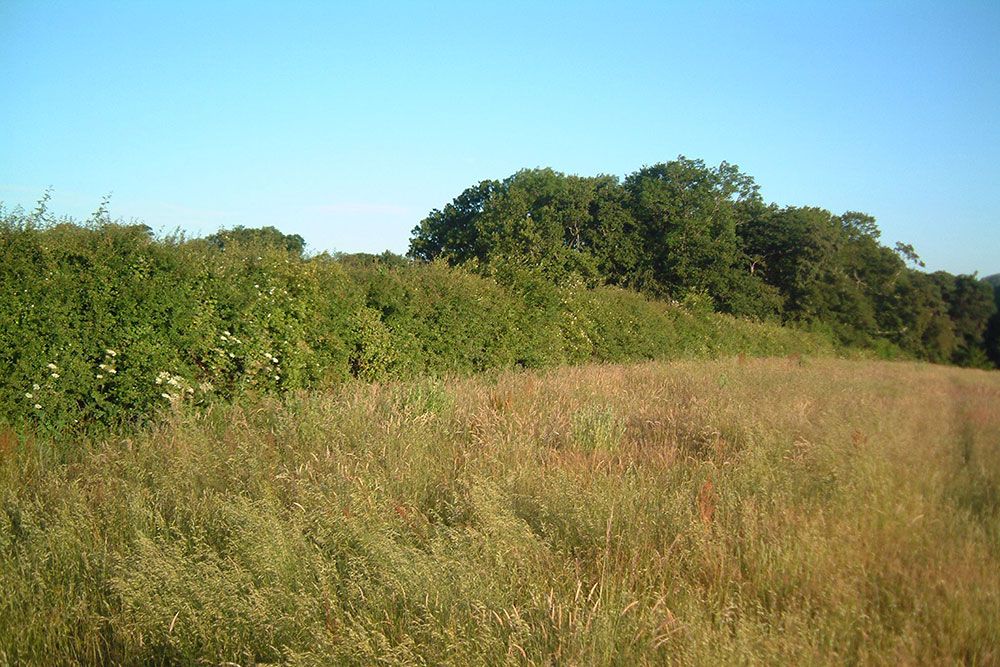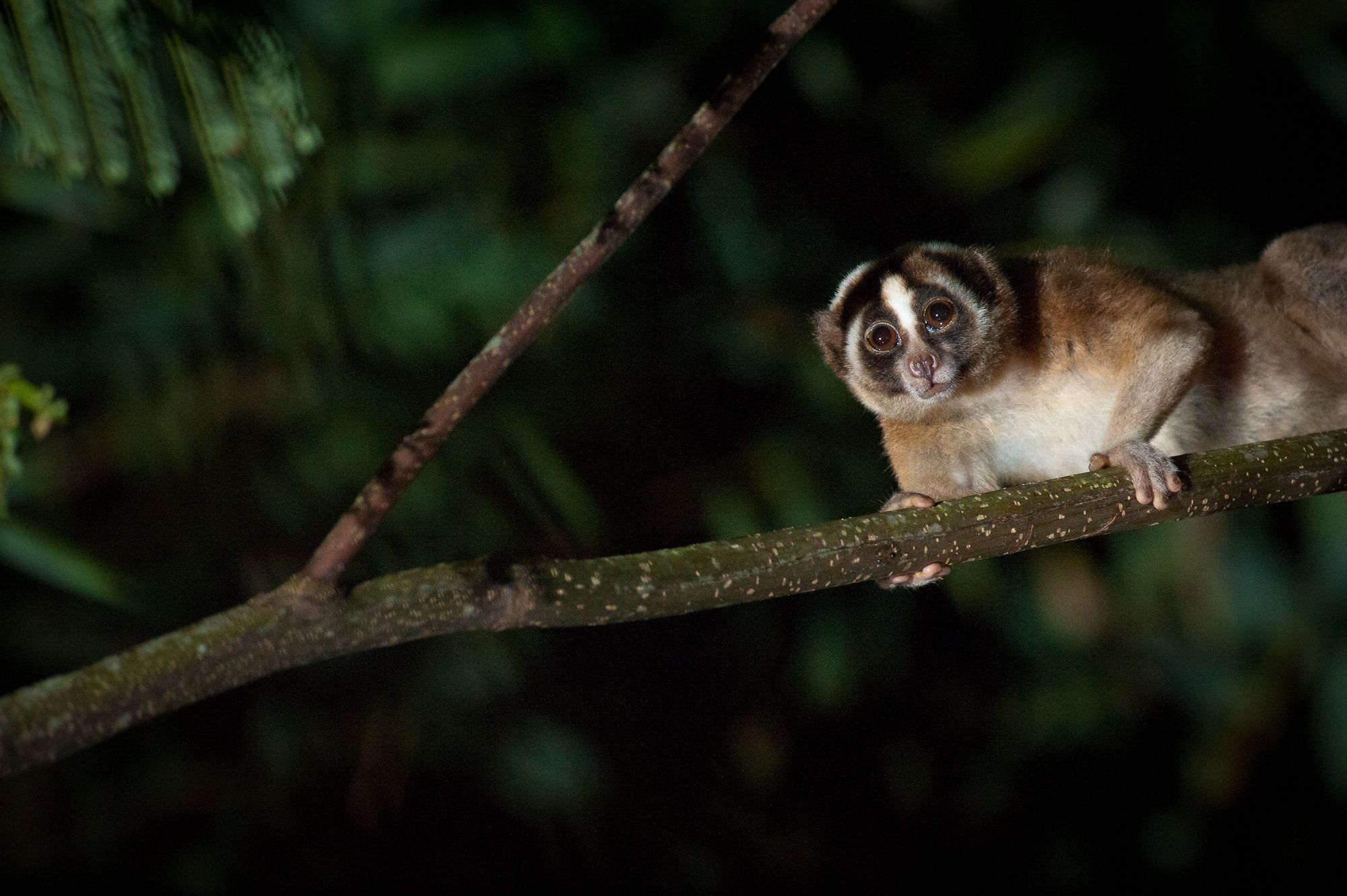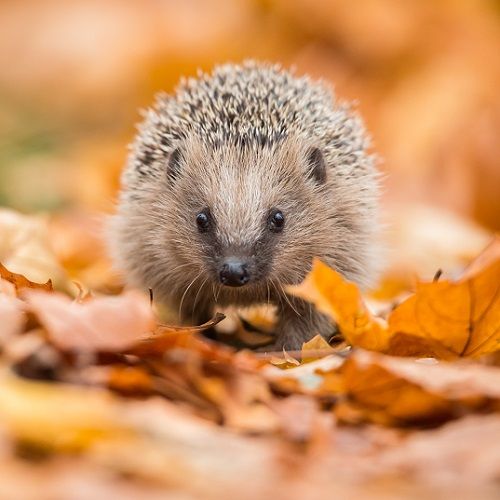Search by topic
A personal account from the moors by Carlos Bedson, whom we are funding to lead an in-depth study to understand the sustainability of the population of mountain hares in the Peak District. The results of Carlos’s studies will help to provide advice crucial to saving our last wild mountain hares, and identify the most important …
Read article...Surveying for signs The Noble Chafer, Gnorimus nobilis (Linnaeus, 1758) is a striking metallic green beetle usually associated with old orchard trees. It is rare and classified as vulnerable in the UK, which means it is at risk of extinction here. Its UK stronghold lies in the traditional orchards of Worcestershire, Herefordshire and Gloucestershire and …
Read article...8th March 2019 Today we are celebrating the women we have the privilege of working with here at PTES this International Women’s Day. This year’s theme is #BalanceForBetter, noticing its absence and celebrating its presence. We are championing the work and progress of our female colleagues in conservation and looking at their achievements as an …
Read article...The dry season We’re delighted to report that work to protect the Persian leopard has been progressing well in Tandoureh National Park, Iran. Our project leader, Mohammad Farhadinia, explained recently that his team’s efforts are really paying off. Last year his rangers built 13 water holes throughout the park. The team has also run several …
Read article...PTES and partners Doodles and Scribbles were invited by the team at the park’s wonderful community greenhouses to run a half term hedgehog morning for local kids. It was a full house of babies, toddlers, older children, parents and grandparents as the sun shone in south London. We introduced the children to the world of …
Read article...Our Hedgehog Ecology and Land Management guide is for anyone who manages green spaces within a town or city, including parks, schools, churchyards and recreational spaces. The illustrated booklet provides clear and detailed advice on helping hedgehogs, and the different ways land can easily be managed to become more hedgehog-friendly. The guide also includes advice …
Read article...Hedgehogs are declining: the State of Britain’s Hedgehogs 2018 report revealed that the population of the nation’s favourite mammal has fallen by half in the British countryside since 2000. Now, the two wildlife charities behind this report, the British Hedgehog Preservation Society (BHPS) and People’s Trust for Endangered Species (PTES), who together run Hedgehog Street, …
Read article...What is the ‘Wildlife Assessment Check’ tool? Whether a development site is in a rural or urban area, it’s vital that wildlife and habitat value are considered to avoid habitat loss, fragmentation and the damaging impact of daily human activity on the land. Development sites can put pressure on the biodiversity of a particular habitat, …
Read article...Our New Year kicked off with a trip to the Oxford REAL Farming Conference. Here we talked to farmers about how they can help conserve endangered species such as hedgehogs, and precious habitats such as orchards and hedgerows on their land. The conference has been running for 10 years and brings together thousands of …
Read article...Hedgerows are not only a significant feature of our countryside but they are one of the most important farmland habitats. They are home to an incredible array of wildlife, they allow wildlife to safely move across the country, and they deliver so many benefits to farmers and environment when properly managed. Home Sweet Home …
Read article...Slow lorises are under threat for many reasons. They are targeted for the illegal pet trade because they look so appealing; their forest habitat is being degraded and cut down; and they also face a multitude of threats as a consequence of an ever-changing climate. We are working with the Little Fireface Project to combat this …
Read article...Hedgehog Street reveals which counties are recording the most hedgehog sightings For the first time we can revealed the counties across the British Isles who are recording the most (and least!) number of native hedgehog sightings. The Hedgehog Street team are calling for more people to record their sightings of Britain’s favourite mammal online, to …
Read article...Press and media
For all media enquiries please contact Jane Bevan or Adela Cragg at Firebird Public Relations on 01235 835297 or email ac@firebirdpr.co.uk.

